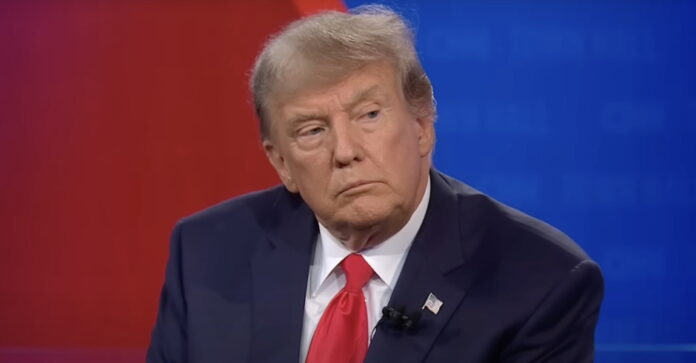President Donald Trump said Tuesday that the European Union and Japan have yet to offer what he considers fair trade deals, warning that higher tariffs could follow if progress is not made.
He made the comments while travelling aboard Air Force One after leaving the G7 summit in Canada earlier than planned.
Trump said the EU must present “a good deal” or “pay whatever we say they have to pay.” He also described Japan as “tough” in trade negotiations but said there was still a chance for an agreement.
He noted that if talks failed, the U.S. could send a letter outlining the tariffs Japan would face.
While Trump returned to focus on Middle East issues, a U.S. team led by Treasury Secretary Scott Bessent remained in Kananaskis, Alberta, to continue trade discussions with G7 counterparts. U.S. Trade Representative Jamieson Greer and National Economic Council Director Kevin Hassett also stayed to lead negotiations.
Trump said pharmaceutical tariffs would be introduced soon as part of efforts to push companies to bring drug production back to the U.S. He cited an ongoing Commerce Department investigation under Section 232 of the Trade Expansion Act of 1962 as the basis for the move.
Mexican President Claudia Sheinbaum said in a post on social media that she had a phone call with Trump and agreed to cooperate on a range of issues. The White House confirmed the call.
The U.S. also reached a limited trade agreement with the United Kingdom at the G7 summit. The deal maintained tariff levels and quotas on British automobiles and removed tariffs on the U.K. aerospace sector, though steel and aluminium issues were not resolved.
More than a dozen trading partners are still negotiating with the U.S. ahead of a July 9 deadline, when a 90-day pause on broad tariffs under Trump’s “Liberation Day” trade initiative is set to expire. Trump has indicated that countries engaging in talks could receive an extension but said others would face fixed tariffs through formal notification.




